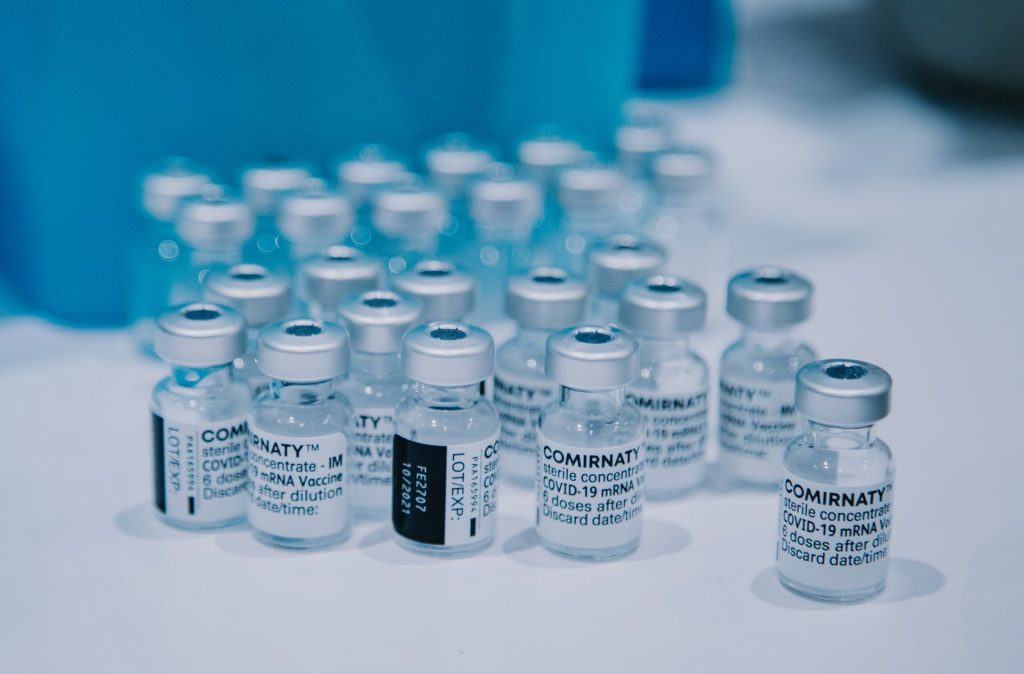Gut Microbiome Moderates BP Benefits of Flavonoids

Flavonoid-rich foods, such as berries, apples, pears and wine, seem to reduce hypertension due in part to characteristics of the gut microbiome, according to a new study published in Hypertension.
“Our gut microbiome plays a key role in metabolising flavonoids to enhance their cardioprotective effects, and this study provides evidence to suggest these blood pressure-lowering effects are achievable with simple changes to the daily diet,” said lead researcher Aedín Cassidy, PhD, chair and professor in nutrition and preventive medicine at the Institute for Global Food Security at Queen’s University.
Flavonoids are compounds found naturally in fruits, vegetables and plant-based foods such as tea, chocolate and wine. They have miscellaneous favourable biochemical and antioxidant effects associated with various diseases such as cancer, Alzheimer’s disease, atherosclerosis, etc. Flavonoids are broken down by the body’s gut microbiome. Recent studies found a link between gut microbiota, the microorganisms in the human digestive tract, and cardiovascular disease (CVD). Gut microbiota are highly individual, and seem to be associated with CVD.
With studies suggesting flavonoids may reduce heart disease risk, the researchers investigaged the role of the gut microbiome in this.
Researchers drew on a group of 904 adults between the ages of 25 and 82, 57% men from Germany’s PopGen biobank. Researchers evaluated the participants’ food intake, gut microbiome and blood pressure levels together with other clinical and molecular phenotyping at regular follow-up examinations.
Participants’ intake of flavonoid-rich foods during the previous year was calculated from a self-reported food questionnaire detailing the frequency and quantity eaten of 112 foods.
Participants’ gut microbiomes were assessed by faecal bacterial DNA in stool samples. After an overnight fast, participants’ blood pressure levels were measured. Researchers also collected participants’ lifestyle information, and measured BMI and other physical characteristics,
The analysis found that:
- Study participants with the highest intake of flavonoid-rich foods, including berries, red wine, apples and pears, had lower systolic blood pressure levels, as well as greater gut microbiome diversity than the participants with the lowest levels of flavonoid-rich food intake.
- Up to 15.2% of the association between flavonoid-rich foods and systolic blood pressure could be explained by the diversity found in participants’ gut microbiome.
- Eating 1.6 servings of berries per day (one serving = 80 grams, or 1 cup) was associated with an average reduction in systolic blood pressure levels of 4.1 mm Hg. 12% of the association was explained by gut microbiome factors.
- Drinking 2.8 glasses (125 ml of wine per glass) of red wine a week was associated with an average of 3.7 mm Hg lower systolic blood pressure level, of which 15% could be explained by the gut microbiome.
“Our findings indicate future trials should look at participants according to metabolic profile in order to more accurately study the roles of metabolism and the gut microbiome in regulating the effects of flavonoids on blood pressure,” said Cassidy. “A better understanding of the highly individual variability of flavonoid metabolism could very well explain why some people have greater cardiovascular protection benefits from flavonoid-rich foods than others.”
While this study suggests potential benefits to consuming red wine, the American Heart Association suggests that if you don’t drink alcohol already, you shouldn’t start.
Study limitations include not being able to account for all factors, such as genetics and lifestyle. The authors noted the focus of this study was on specific foods rich in flavonoids, not all food and beverages with flavonoids.
Source: Medical Xpress






